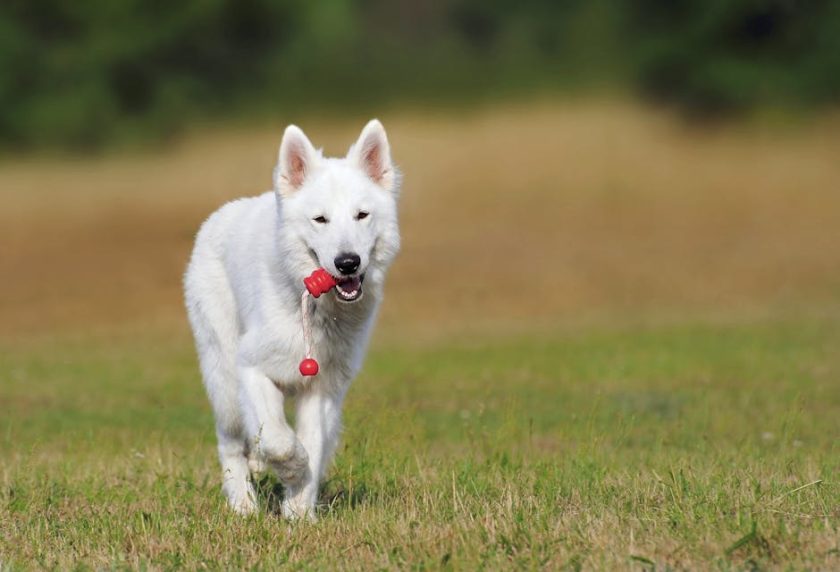Training a dog is an essential aspect of pet ownership. It not only provides your furry companion with structure and discipline but also strengthens the bond between you and your pet. With proper training, your dog can learn valuable behaviors, improve their socialization skills, and become a well-behaved member of your family. Here's a comprehensive guide to help you embark on a successful dog training journey.
**Establish a Strong Foundation:**
The key to effective dog training lies in a solid foundation. This involves establishing boundaries, rules, and routines from the start. Make sure your dog knows what is expected of them, such as where they should sleep, where they can go, and what behaviors are acceptable. Consistency is crucial, so ensure that all family members enforce the same rules.
**Start with Basic Commands:**
Begin training your dog with basic commands like "sit," "stay," and "come." Use positive reinforcement techniques such as treats or praise to reward desired behaviors. Start in a calm environment with minimal distractions, gradually increasing the difficulty level as your dog progresses.
**Socialization and Obedience:**
Socialization is essential for a well-rounded dog. Expose your dog to different people, places, and experiences to help them develop confidence and reduce fear. Obedience training, such as teaching your dog to walk on a leash, heel, or fetch, provides control and enhances safety.
**Positive Reinforcement and Punishment:**
Positive reinforcement is the most effective way to train a dog. Reward your dog with treats, praise, or playtime when they exhibit desired behaviors. Punishment should be used sparingly and only as a last resort, as it can damage the bond between you and your dog.
**Patience and Consistency:**
Dog training requires patience and consistency. It takes time and effort to build desired behaviors. Avoid getting discouraged if your dog doesn't catch on immediately. Continue practicing regularly and provide plenty of positive reinforcement.
**Seek Professional Help When Needed:**
If you encounter difficulties in training your dog, don't hesitate to seek professional help from a certified dog trainer. They can assess your dog's behavior, develop a personalized training plan, and provide guidance and support.
**Training for Specific Needs:**
Beyond basic training, you may also consider specialized training for your dog, depending on their individual needs. This could include agility training for active breeds, therapy dog training for emotional support, or service dog training for specific disabilities.
**Conclusion:**
Dog training is an ongoing journey that requires patience, consistency, and positive reinforcement. By following the tips outlined in this guide, you can help your furry companion develop valuable behaviors, enhance their socialization skills, and become a well-behaved member of your family. Remember, training is not just about obedience; it's about building a strong bond, creating a fulfilling life for your pet, and ensuring a harmonious relationship between you and your loyal companion.

